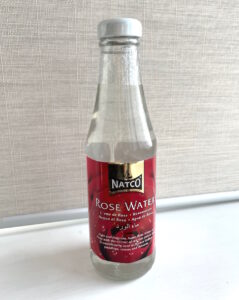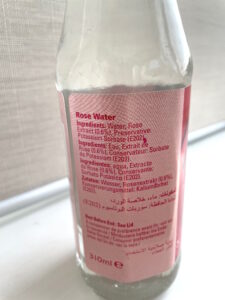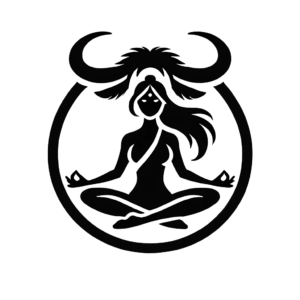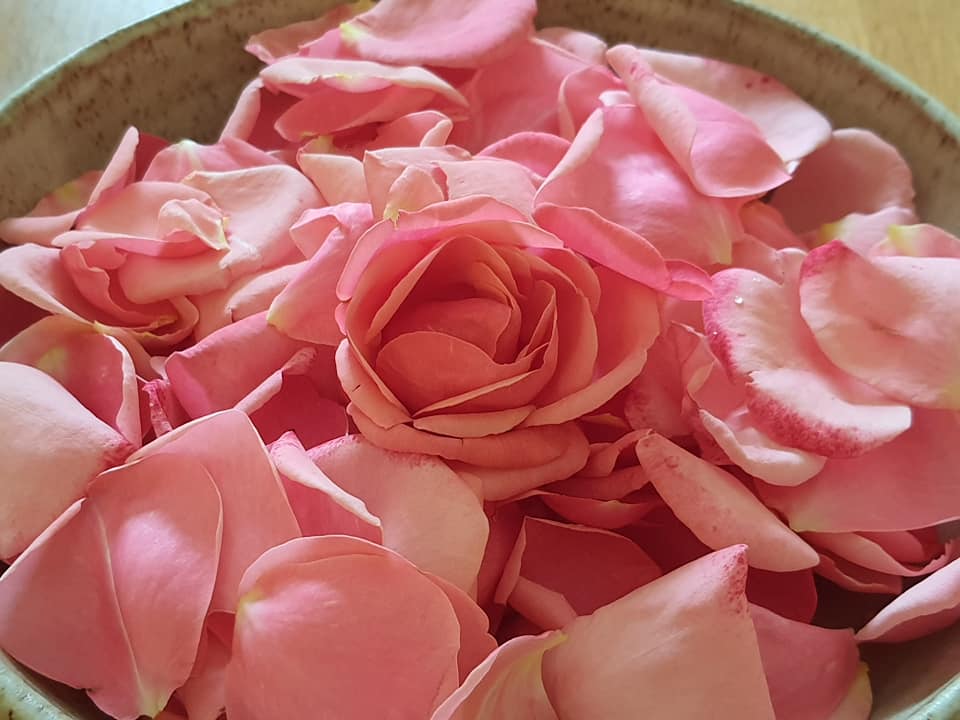Why Roses?
Many of my friends have said that roses are a cliche to give as a bouquet. But I have always had a soft spot for them, both as a giver, receiver, grower and avid consumer of roses in all its variations, shapes and scents.
There is a city in my native Bulgaria called Kazanlak, which is dubbed “The Rose Capital of The World”. Without exaggeration, this small town produces close to 50% (1.7 tons) of the world’s rose oil. Kazanlak is the centre of the rose oil industry in Europe and it is located in the heart of Bulgaria’s Rose Valley. Each year, festivals are held in the towns of Sopot, Kalofer, Karlovo and Kazanlak, all located within the stretch of the Rose Valley, celebrating roses and rose oil. There is dancing, singing and a beauty contest, where the annual Queen Rose is elected to represent Bulgaria as a global rose oil ambassador, starting with a special week-long visit to Japan, where Bulgarian Rose Oil, distilled from the unique Damascene Rose is revered.
Rose-picking season is in May – June, and the process is performed by hand, cutting off the rose stems one by one, and carefully laying them in willow baskets, which are then sent to the distilleries. Tourists are welcome to join the rose-picking rituals, usually on weekend mornings in villages around Kazanlak.
In September 2014 the European Commission approved Bulgarian rose oil (Bulgarian: Българско розово масло, romanised: Bulgarsko rozovo maslo) as a new Protected Geographical Indication (PGI).
My Rose Affair
With these facts in mind, you wouldn’t be surprised to know that I have been using Rose Water as a facial cleanser and tonic since I was 14 years old. I adore the scent of roses and often use natural rose-based cosmetics, my favourite being made by Ecomaat in Bulgaria. Their Roses Serum, featured in Vogue and Glamour Magazines, is a special blend of oils containing gemmotherapeutic CO2 extracts from the fresh delicate embryonic tissues of newly forming Damascena and Alba rose buds. I have also made my own distillation of rose water from rose petals I pick from my own roses. One year I also made rose petal jam from my own garden roses in the UK (so delicious!) One of my signature scents is La Fille de Berlin by Serge Lutens, which features Palmarosa notes and is truly unique. If you’re not convinced that roses are a woman’s best friend yet, read on.
What is Rose Water and How to Make it at Home?
Rose Water is a fragrant hydrosol that is very effective in hydrating and revitalising the skin, and reducing the signs of aging. It combats redness, eczema and acne. Rose water has been used as an ingredient in beauty products, foods and drinks for thousands of years – it’s not the new kid on the block. This is because of the wide range of benefits that it provides. It’s made by soaking rose petals in water, which gives it that lovely rose scent. You can distill the scent by putting a small metal pot of water to boil and adding a fire-proof container full of 20-50 rose petals of your choice soaked in 50 ml of clean water. Cover them up and let simmer for 20 minutes.
Rose Water Skin Benefits
Rose water is a very popular ingredient in skincare products because of its range of benefits and beautiful scent. With its potent antioxidants, it delays aging and acts as an excellent toner and moisturiser. You can use it after cleansing the face, after removing your make up as an additional cleanser, as well as to actually remove light make up! Its antiseptic qualities are beneficial for skin irritations, break outs and acne. They soothe the skin without drying it out.
I use rose water as a toner first thing in the morning, before my serum and creams. I also use it last thing at night before putting on my night cream. It’s also great to freshen up during the day, for example after a walk outside near a dusty road, or just as a spay-on moisturiser. It’s especially good for that purpose at airports and on flights, where the recycled air is especially drying for the skin.
Incorporating rose-based cosmetics into your routine doesn’t have to be costly. You can start with a simple rose water. There are acceptable products by the Bulgarian brand Alteya, which can even be found in TK Maxx or purchased online. I also found this very affordable natural rose water in my local Asian Foods Store. It’s made by the food giant Natco and as you can see, doesn’t contain any nasties. If you are worried about the tiny amount of potassium sorbate it contains, that is a food-grade preservative that has been effectively used for decades. Regulatory agencies like the FDA, the United Nations Food and Agriculture Organization, and the European Food Safety Authority (EFSA) have determined that potassium sorbate is “generally regarded as safe” (GRAS). Studies using dilutions similar to what’s used in body care products found it’s practically non-irritating and non-sensitizing. So go ahead – embrace the scent and health benefits of this classic flower in all its forms and glory.



